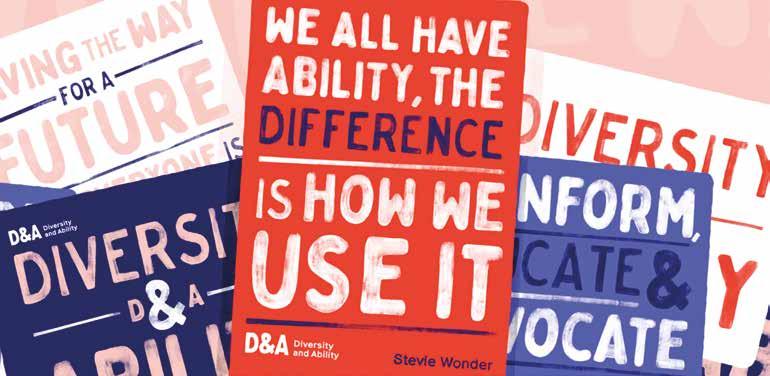Interview Feature PERIOD poverty affects millions of girls and women in the UK and across the world. One in ten girls in the UK are unable to afford period products, instead using rags, socks, toilet paper or newspaper, or just missing school altogether.
PHOTO Freedom4Girls
In fact, in 2018 a survey by the sanitary products brand, Always, found that 137,000 children in the UK missed school that year because they couldn’t afford period products. Linda Allbutt is the founder of Period Power, an organisation providing free sanitary and other hygiene products to schools and charities in Staffordshire: “Once a month, girls are excluding themselves from school and their education. We’re losing massive potential because they can’t afford basic necessities.” And the situation has only got worse since March this year. According to Plan International UK, three in ten girls have struggled to afford or access period products during the lockdown and, with a scarcity of toilet roll in shops and most schools and youth centres closed, many do not know where to turn. “We’ve seen a huge increase in demands for help this year, a tenfold
“This is yet another aspect of women being taught to be embarrassed about their bodies.” 26
increase. And those are the ones we know about,” says Linda. More than four million children in the UK are currently living in poverty – a figure estimated to rise to five million by the end of this year. And it’s not just young people: 5.2 million women are currently living in poverty in the UK (compared with 4.7 million men). Menstruation is a biological process that women and girls can’t control, but period products are expensive and for many families, Linda says, “it’s a choice between buying food and buying period and hygiene products”. Period dignity The continuing stigma around periods and female health adds an additional barrier. Plan International found that 48 per cent of girls are embarrassed by their period. Gigi Ermoyenous is a 16-year-old campaigner against period poverty. “When I first started talking about it in school the boys would freak out, go bright red and leave the room and a lot of girls are just too embarrassed,” she says. Gigi convinced her school to set up Dignity Boxes – baskets of period products in every bathroom so girls could have free access to sanitary provision. “It’s the dignity side of it because it’s not just about being able to get them in school discreetly, it’s also being able to have enough to take home for the weekend.” Gigi’s mum Jenny – who is also a campaigner and joint general secretary of Sandwell NEU – agrees: “The whole way periods are handled is yet another aspect of women being taught to be embarrassed about their bodies. Roughly half of society has periods but if you start mentioning it everyone gets embarrassed. If men had periods, the products would be free.” Educators often to the rescue Jenny also explains that it is usually educators who have borne the cost of period products in schools. “Many educators I know purchase extra period products to carry around with them, in case their students need them. It’s just an additional cost on teachers – and some of them are financially struggling themselves,” she says. Reusable products, such as menstrual cups, can help those who can’t afford to buy disposable tampons and sanitary products as they can be used over and over. However,
educate Your magazine from the National Education Union (NEU)
Dignity and equ
This January, in a bid to c the Government finally m available for free to all sch However, according to rec cent of schools have signe Words by Emily Jenkins











